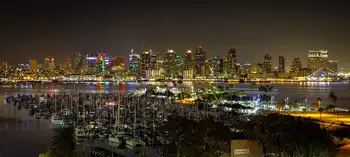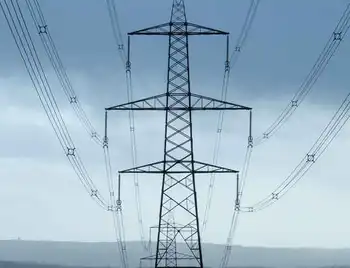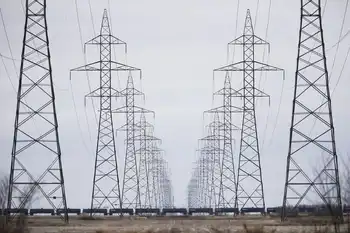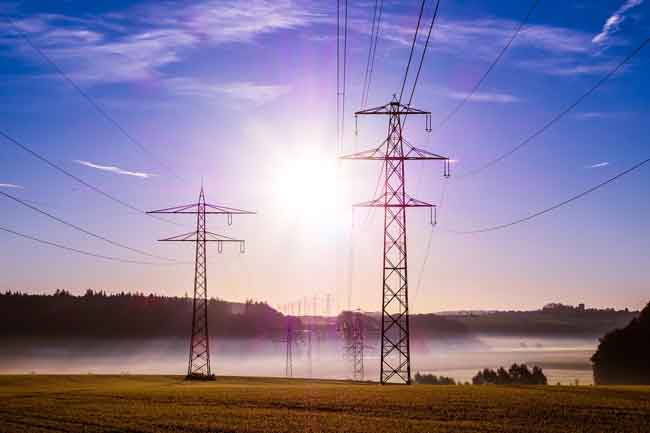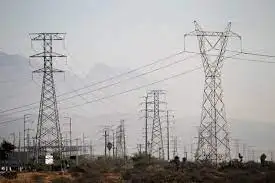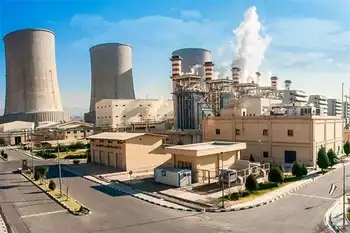Ontario Nuclear Power Costs highlight LCOE, capex, refurbishment outlays, and waste management, compared with renewables, grid reliability, and emissions targets, informing Australia and Peter Dutton on feasibility, timelines, and electricity prices.
Key Points
They include high capex and LCOE from refurbishments and waste, offset by reliable, low-emission baseload.
✅ Refurbishment and maintenance drive lifecycle and LCOE variability.
✅ High capex and long timelines affect consumer electricity prices.
✅ Low emissions, but waste and safety compliance add costs.
Australian opposition leader Peter Dutton recently lauded Canada’s use of nuclear power as a model for Australia’s energy future. His praise comes as part of a broader push to incorporate nuclear energy into Australia’s energy strategy, which he argues could help address the country's energy needs and climate goals. However, the question arises: Is Ontario’s experience with nuclear power as cost-effective as Dutton suggests?
Dutton’s endorsement of Canada’s nuclear power strategy highlights a belief that nuclear energy could provide a stable, low-emission alternative to fossil fuels. He has pointed to Ontario’s substantial reliance on nuclear power, and the province’s exploration of new large-scale nuclear projects, as an example of how such an energy mix might benefit Australia. The province’s energy grid, which integrates a significant amount of nuclear power, is often cited as evidence that nuclear energy can be a viable component of a diversified energy portfolio.
The appeal of nuclear power lies in its ability to generate large amounts of electricity with minimal greenhouse gas emissions. This characteristic aligns with Australia’s climate goals, which emphasize reducing carbon emissions to combat climate change. Dutton’s advocacy for nuclear energy is based on the premise that it can offer a reliable and low-emission option compared to the fluctuating availability of renewable sources like wind and solar.
However, while Dutton’s enthusiasm for the Canadian model reflects its perceived successes, including recent concerns about Ontario’s grid getting dirtier amid supply changes, a closer look at Ontario’s nuclear energy costs raises questions about the financial feasibility of adopting a similar strategy in Australia. Despite the benefits of low emissions, the economic aspects of nuclear power remain complex and multifaceted.
In Ontario, the cost of nuclear power has been a topic of considerable debate. While the province benefits from a stable supply of electricity due to its nuclear plants, studies warn of a growing electricity supply gap in coming years. Ontario’s experience reveals that nuclear power involves significant capital expenditures, including the costs of building reactors, maintaining infrastructure, and ensuring safety standards. These expenses can be substantial and often translate into higher electricity prices for consumers.
The cost of maintaining existing nuclear reactors in Ontario has been a particular concern. Many of these reactors are aging and require costly upgrades and maintenance to continue operating safely and efficiently. These expenses can add to the overall cost of nuclear power, impacting the affordability of electricity for consumers.
Moreover, the development of new nuclear projects, as seen with Bruce C project exploration in Ontario, involves lengthy and expensive construction processes. Building new reactors can take over a decade and requires significant investment. The high initial costs associated with these projects can be a barrier to their economic viability, especially when compared to the rapidly decreasing costs of renewable energy technologies.
In contrast, the cost of renewable energy has been falling steadily, even as debates over nuclear power’s trajectory in Europe continue, making it a more attractive option for many jurisdictions. Solar and wind power, while variable and dependent on weather conditions, have seen dramatic reductions in installation and operational costs. These lower costs can make renewables more competitive compared to nuclear energy, particularly when considering the long-term financial implications.
Dutton’s praise for Ontario’s nuclear power model also overlooks some of the environmental and logistical challenges associated with nuclear energy. While nuclear power generates low emissions during operation, it produces radioactive waste that requires long-term storage solutions. The management of nuclear waste poses significant environmental and safety concerns, as well as additional costs for safe storage and disposal.
Additionally, the potential risks associated with nuclear power, including the possibility of accidents, contribute to the complexity of its adoption. The safety and environmental regulations surrounding nuclear energy are stringent and require continuous oversight, adding to the overall cost of maintaining nuclear facilities.
As Australia contemplates integrating nuclear power into its energy mix, it is crucial to weigh these financial and environmental considerations. While the Canadian model provides valuable insights, the unique context of Australia’s energy landscape, including its existing infrastructure, energy needs, and the costs of scrapping coal-fired electricity in comparable jurisdictions, must be taken into account.
In summary, while Peter Dutton’s endorsement of Canada’s nuclear power model reflects a belief in its potential benefits for Australia’s energy strategy, the cost-effectiveness of Ontario’s nuclear power experience is more nuanced than it may appear. The high capital and maintenance costs associated with nuclear energy, combined with the challenges of managing radioactive waste and ensuring safety, present significant considerations. As Australia evaluates its energy future, a comprehensive analysis of both the benefits and drawbacks of nuclear power will be essential to making informed decisions about its role in the country’s energy strategy.
Related News






